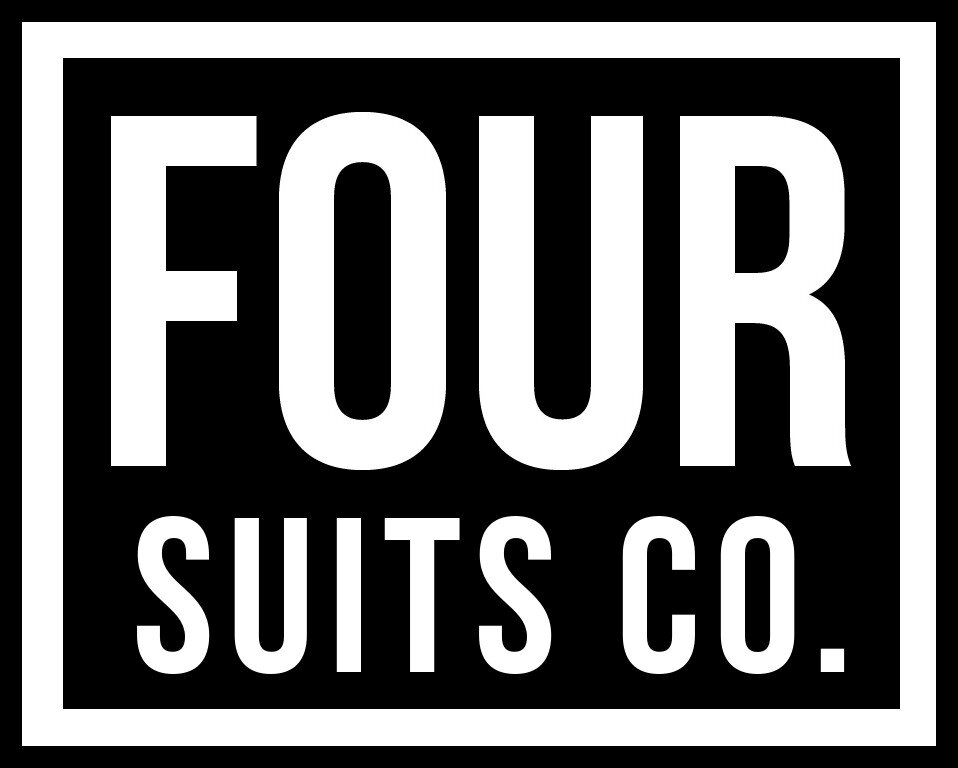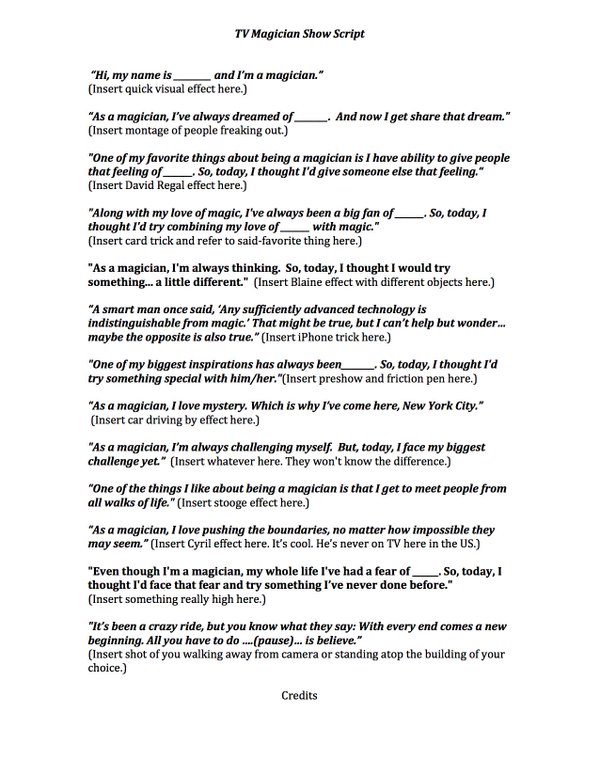I must admit, I’ve been colluding with a group of individuals over the past year, with the intention of making better magic, and by that virtue, better magicians. Couple days ago, I met up with a founder of the organization, B.M., who emphasizes the importance of being able to teach and direct the movement of the art (of magic) when engaging other individuals outside of the organization, essentially activating every single one of us as a steward of good magic.
This is honestly a new frame of mind for me. You’d have to ask my therapist (when I get one) why I’ve had such a laissez-faire attitude towards those who don’t lead the art forward. There’s a part of me that agrees with Jerry Seinfeld and believes that the magic ecosystem, just like the comedy ecosystem, cleanses itself. If you’re not a good magician, you don’t get as much work as the better ones.
However, can’t you already imagine this? Think about the way a random person you know thinks about magic. Chances are, there’s almost a 100% chance they think of one of the following: a hacky kids show, a gaudily-dressed man, their elderly relative, or wannabe-edgy TV magic. Now, if the system cleanses itself in a market like that, it’d probably cleanse itself all the way down to one of these cliches where only that succeeds and legitimate performances aren’t part of the culture. These more interesting forms of magic of course would still exist, but might go more underground in terms of performance. Which, honestly, the really good stuff has always been underground like that. It’s always been out there, but you’re not always looking at it front and center.
In lieu of the above-mentioned magical paradigm-shift, and in some sort of hope to improve the culture of magic we’ve all grown to know and love, not to mention my own personal growth in this process, I’m learning to be more of a steward of good magic. While the strongest thing I can do is to be like a “...lighthouse in the foggy, conventional, and outdated world of magic.” as Jay Sankey says about Paul Harris (Art of Astonishment Vol. 3) by showing and sharing my own direction through self-action, I can also afford to speak up when I see something right, as well as something wrong, when someone else shares their action. This is a community I care about, and if I truly care about it, I have to show people what they don’t see.
“A guide for those who have lost their way” (Shantideva) This has always been one of the hardest parts of the Shantideva Prayer for me, because I always thought, who am I to say where someone else is going? Who is to say that I’m going to the “right” place? And I know a lot of this is both embracing and battling my own personal history and thought processes, but I think there’s certainly a way, while still respecting the path of others, to share my own way, at least so others may see it.
So, on this Valentine’s day, be thoughtful, be kind, and show your love to your own community.
— J.R.
May I become at all times, both now and forever
A protector of those without protection
A guide for those who have lost their way
A ship for those with oceans to cross
A bridge for those with rivers to cross
A sanctuary for those in danger
A lamp for those without light
A place of refuge for those who lack shelter
And a servant to all in need
For as long as space endures,
And for as long as living beings remain,
Until then may I, too, abide
To dispel the misery of the world.
— Shantideva
“Yes, Paul has been and still is, at least for me, a kind of lighthouse in the foggy, conventional, and out-dates world of magic. Sometimes a huge amount of responsibility and pressure is heaped upon the light houses to guide others home, and that’s just fine; it’s the task Paul has taken, but we mustn’t forget that Paul, like a lighthouse, only guides or points the way toward the shore, he is not the shore himself. Thank you for the priceless guidance, Paul.”
— Jay Sankey









